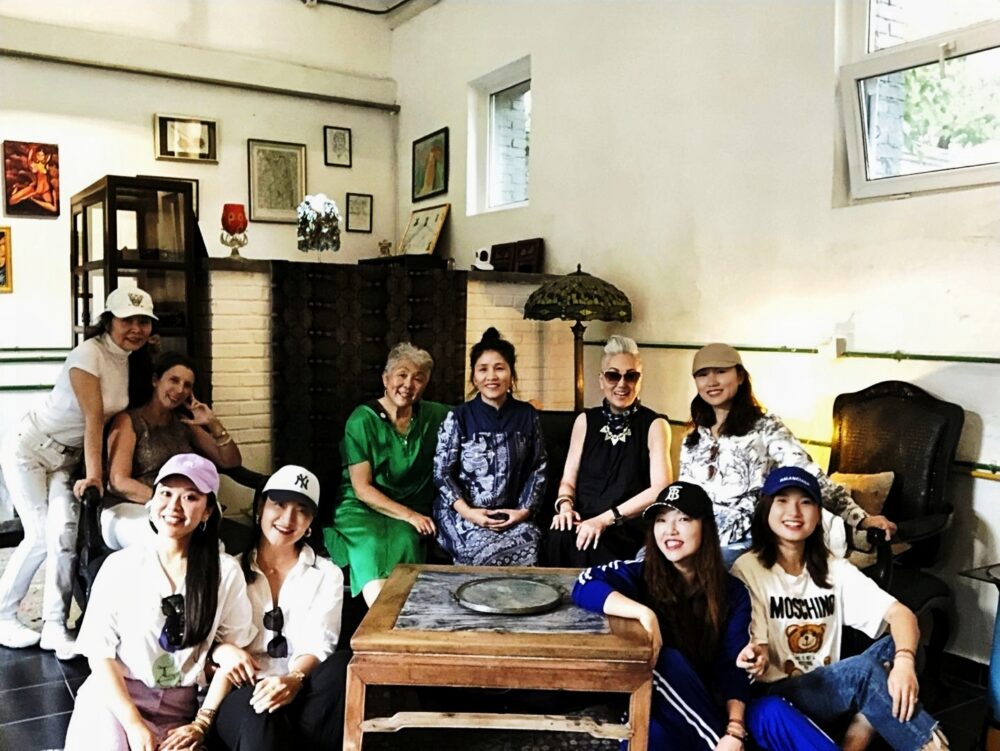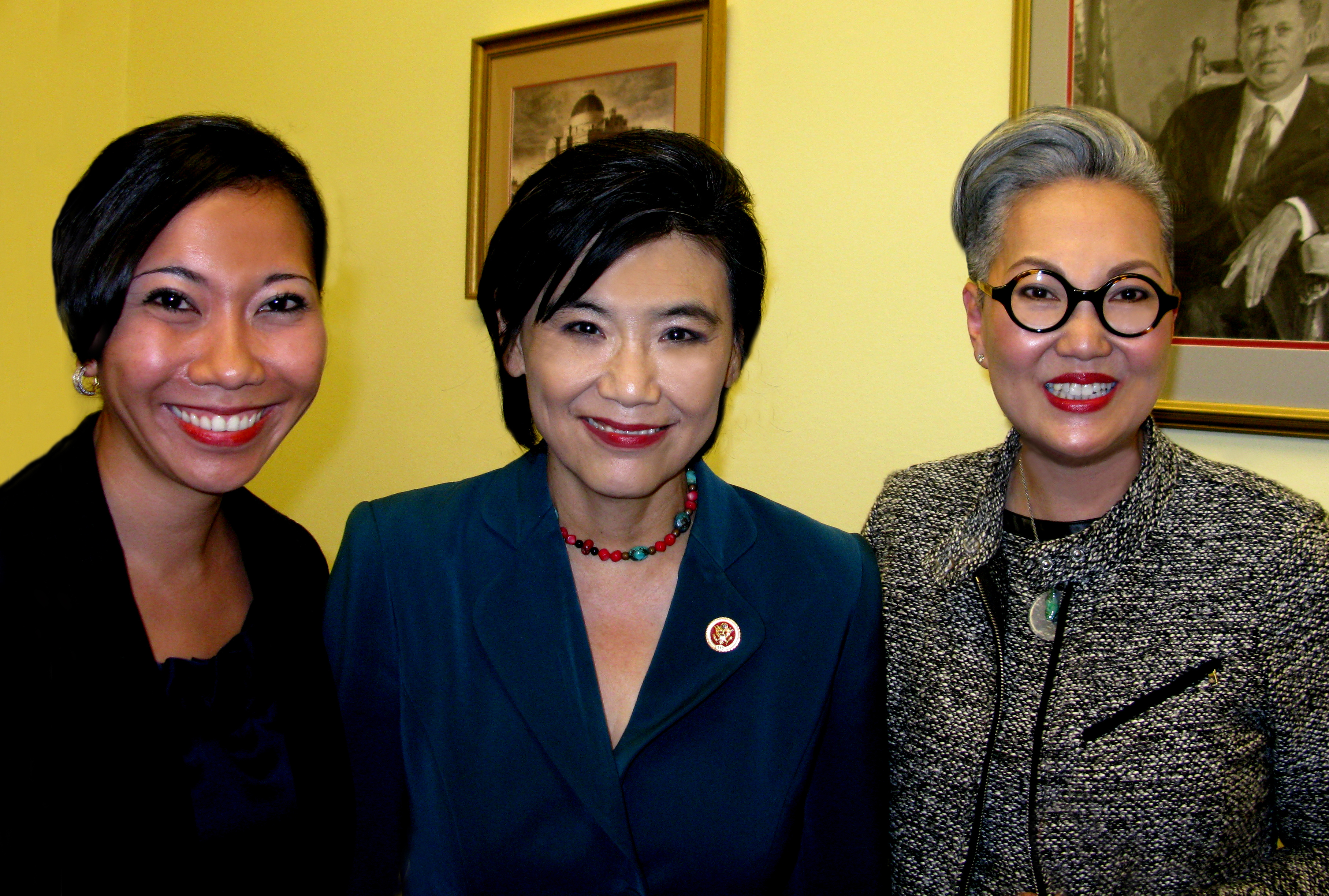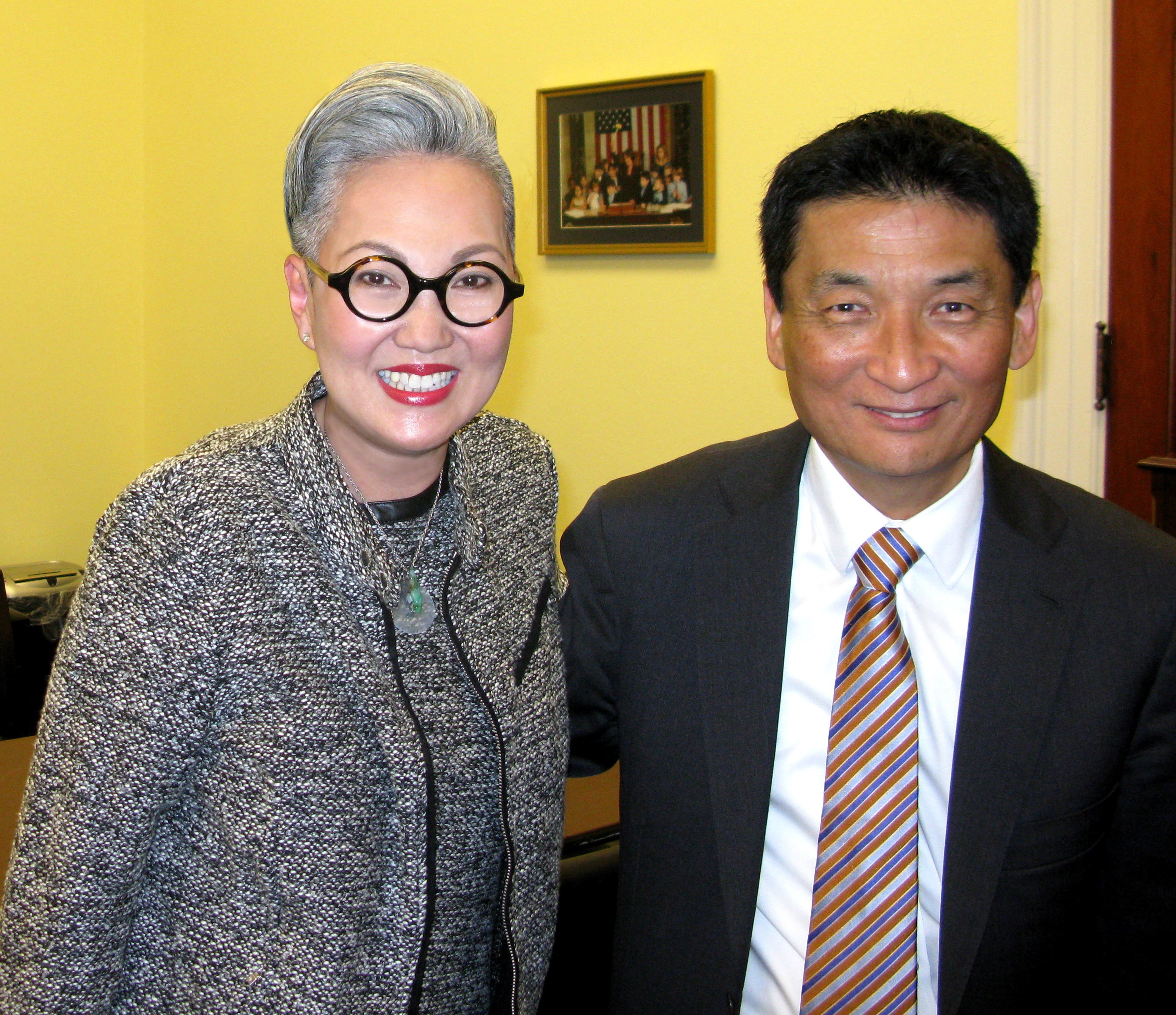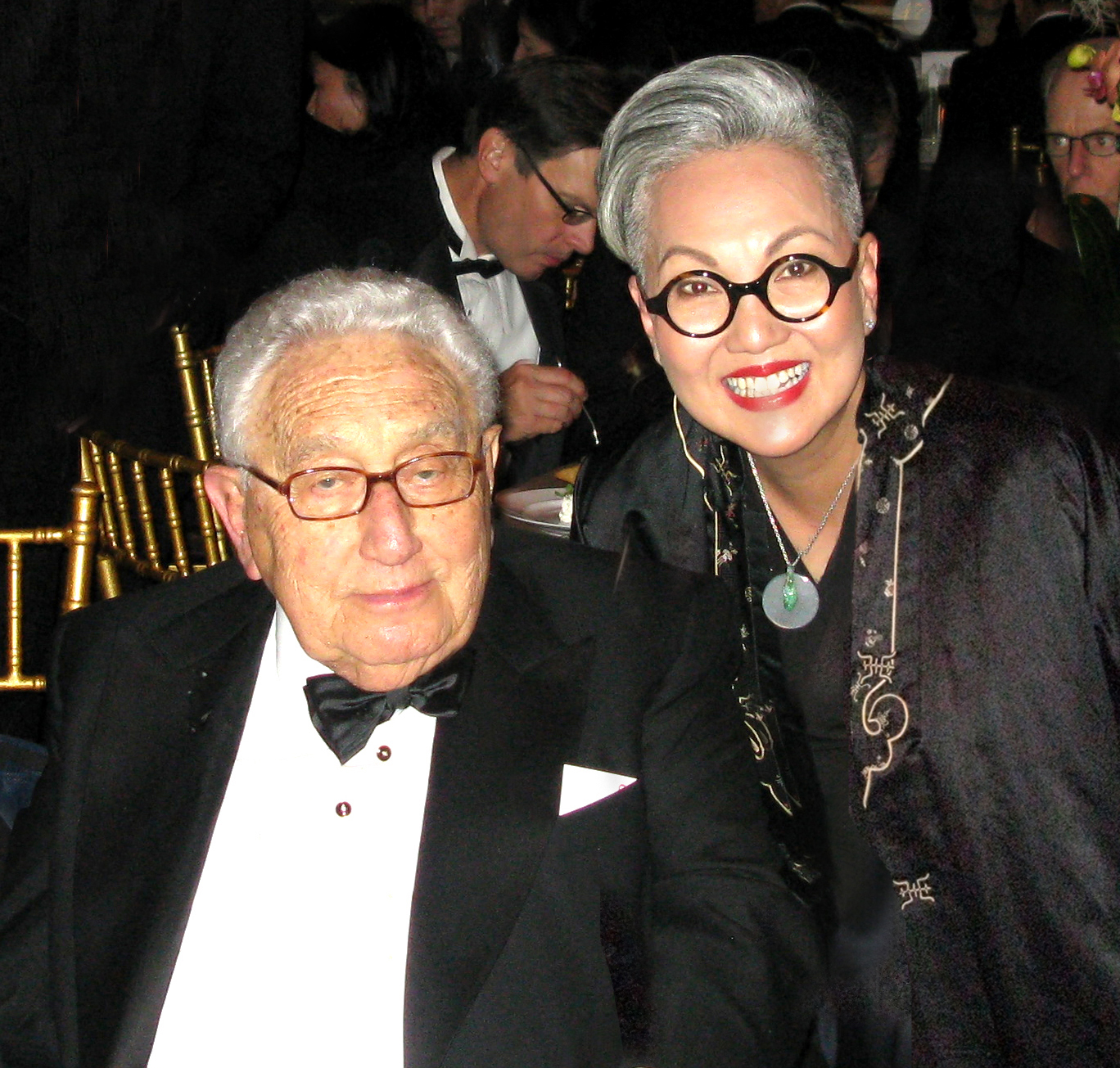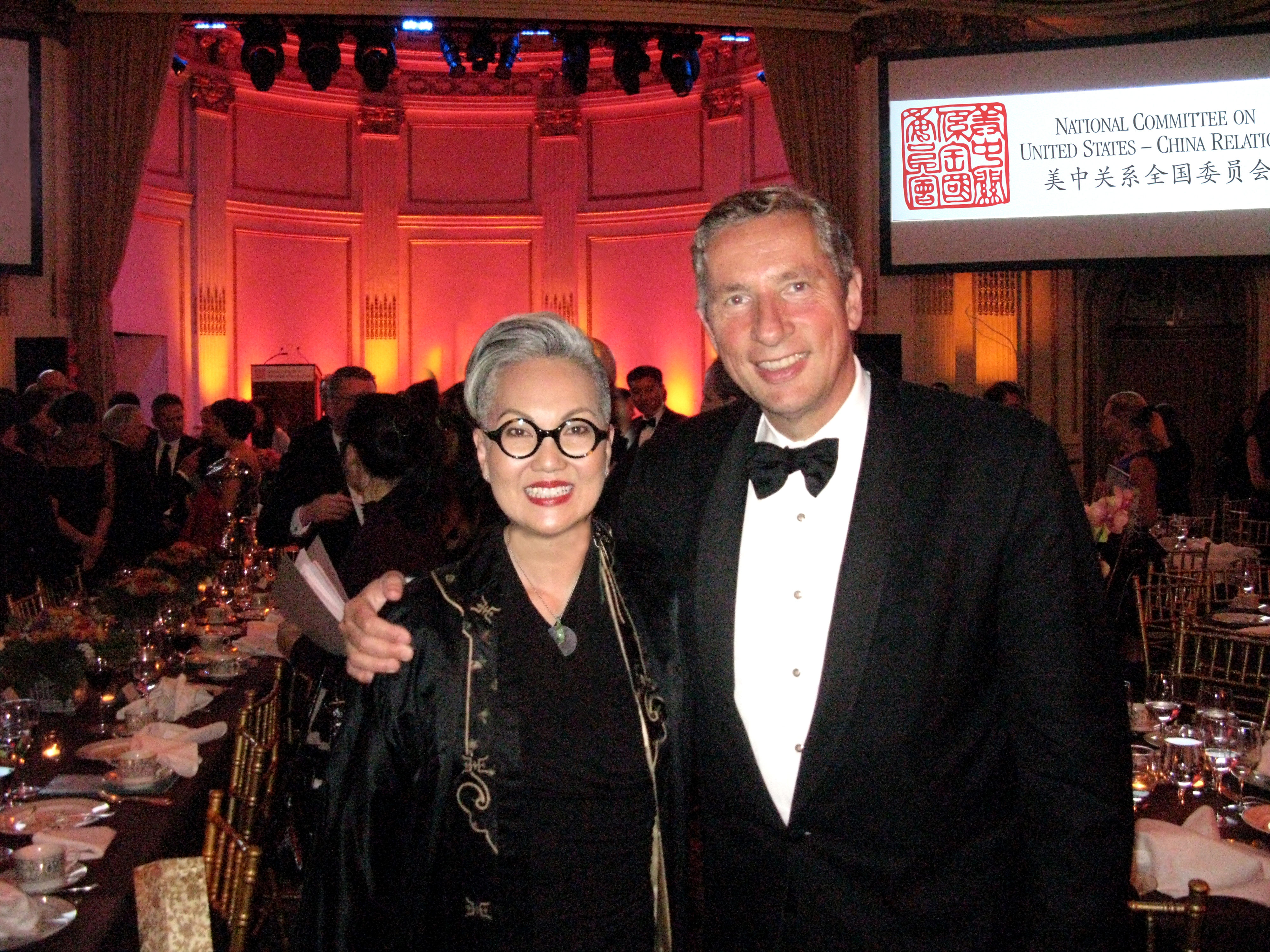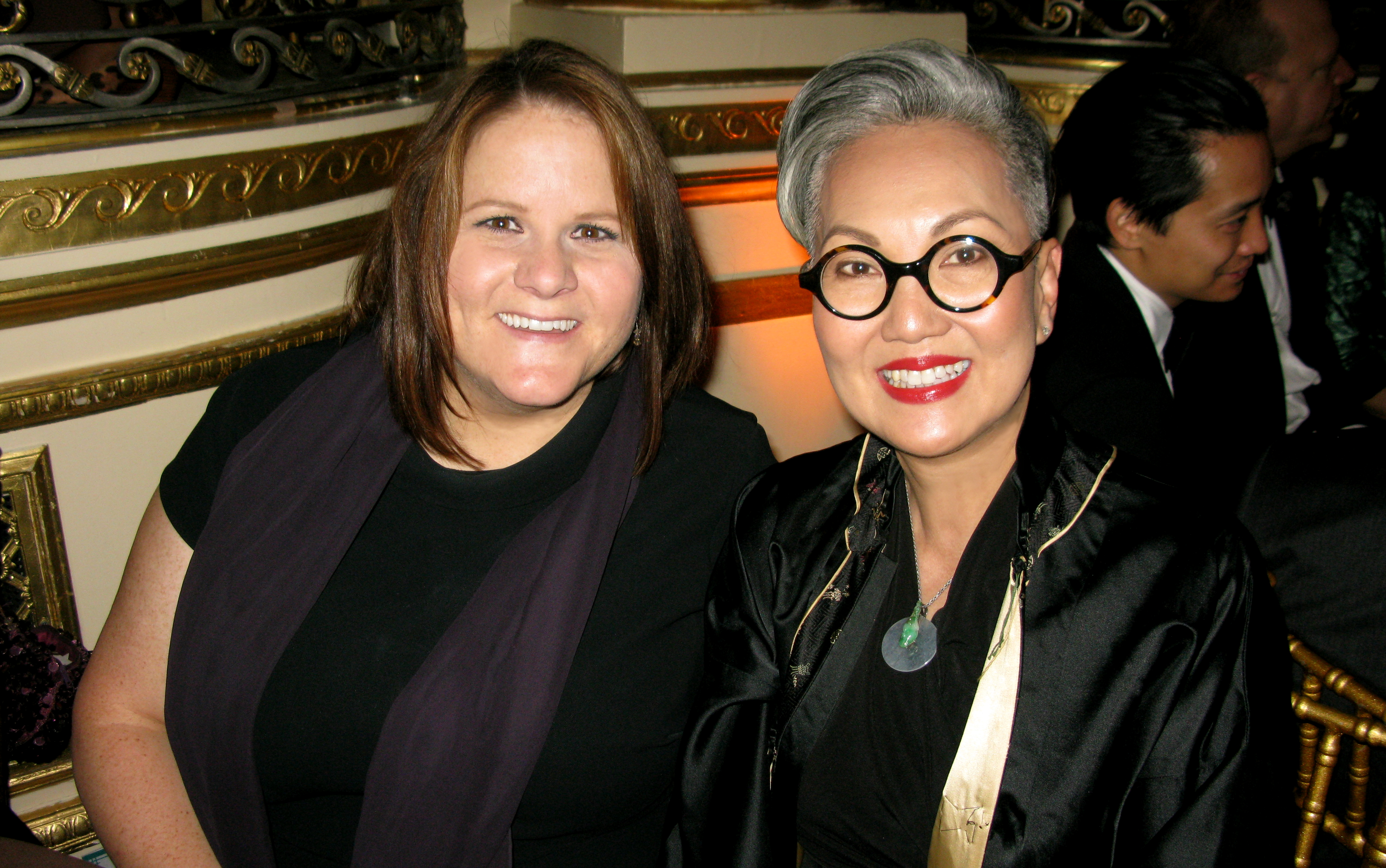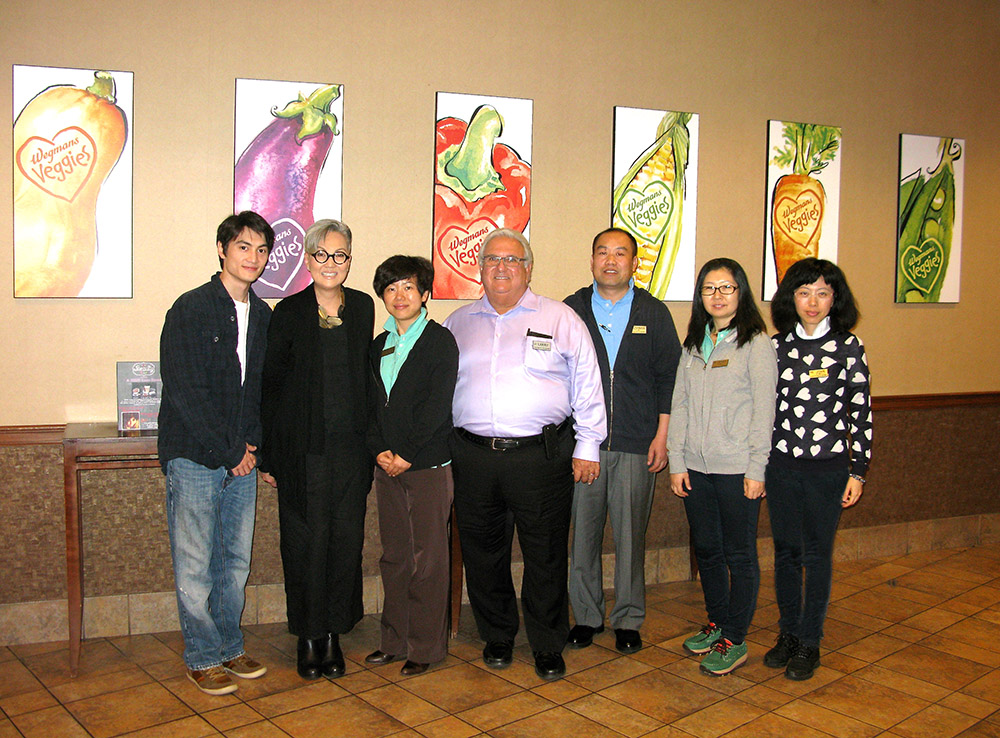
China's leading retail business conglomerate the BHG Beijing Hualian Hypermarket Delegation Visits Wegman's Iconic American Flagship Pittsford Store and are welcomed by Mary Ho, President of the China Millennium Council, H. Oliver Hamlin IV, Greater Rochester Asian American Pacific Islander Leadership Delegate and Larry Damore, Senior Vice President of Wegmans Food Markets headquartered in Upstate Rochester, New York.
U.S. President Obama traveled to China and met with China President Xi Jinping to effect a reciprocal visa validity arrangement to broaden and fortify economic and people-to-people ties. Both countries mutually agreed to increase the validity of short-term tourist and business visas issued to each other’s citizens from one to ten years – the longest validity possible under U.S. law – and increase the validity of student and exchange visas from one to five years. The U.S began issuing visas in accordance with the new reciprocal agreement on November 12, 2014. The visa accord will enhance trade, investment, and business ties by facilitating travel and ease access to both economies. Extended validity visas for students and exchange visitors will foster the bonds between U.S. and China and facilitate travel for outstanding students from around the world who attend U.S. institutions of higher education. As a result of this arrangement, the U.S. hopes to welcome a growing share of eligible Chinese travelers, inject billions in the U.S. economy and create demand to support hundreds of thousands of additional U.S. jobs.
Welcoming a Growing Share of Chinese Travelers
- China is the fastest-growing outbound tourism market in the world, and in 2013, 1.8 million Chinese travelers visited the U.S., contributing $21.1 billion to the U.S. economy and supporting more than 109,000 American jobs
- Chinese travelers consistently rank the United States as their most-desired travel destination, yet less than 2 percent of total Chinese travelers come to the U.S.
- Chinese travelers cite ease of visa policies as the second most important factor in deciding where to travel, behind only cost
- A competitive visa policy will help U.S. meet projections that suggest as many as 7.3 million Chinese travelers will come to the U.S. by 2021, contributing nearly $85 billion a year to the economy and supporting up to 440,000 U.S. jobs
Strengthening Bonds Between Chinese and American Students
- 28 percent of all foreign students and exchange visitors in the U.S. originate from China
- Chinese students in the U.S. spent $8 billion in 2013, an increase of nearly 24 percent over the previous year
- Visa accord will allow American and Chinese students to more easily travel back and forth, making foreign study a more attractive option, increasing opportunities for people-to-people ties, and boosting mutual understanding
Extending Visa Validity to Increase the Number of Chinese Travelers Coming to the U.S. and Support American Jobs. In order to support America’s most important and largest services export – tourism. Chinese travelers persistently rank the U.S. as their top desired travel destination, but only slightly more than 1.8 percent of total outbound travelers go to the U.S. Chinese travelers cite ease of visa policies as the second most important factor in deciding where to travel, behind only cost. A competitive visa policy is needed to secure the U.S. as the chosen destination for millions of Chinese travelers
Global growth of outbound travel from China represents an unprecedented opportunity to foster job creation across the country. China is the fastest growing outbound tourism market in the world, and Chinese visitors have accounted for 20 percent of the growth in overseas travel to the U.S. since 2008. In 2013, 1.8 million Chinese travelers visited the U.S., contributing $21.1 billion to the American economy and supporting more than 109,000 U.S. jobs. As incomes in China continue to rise, the number of Chinese citizens able to afford international travel and tourism is projected to more than double over the next few years, reaching the hundreds of millions. Close to 7.3 million Chinese are projected to travel to the U.S. by 2021, contributing nearly $85 billion a year to the economy and supporting 440,000 jobs.
Increasing business travel will support the U.S. President’s goal of increasing exports. Increasing visa validity for U.S. citizens traveling to China makes it easier to respond to market and commercial opportunities in China, helping to boost U.S. exports, foster increased trade ties, and improve commercial linkages between U.S. and Chinese firms. In the near term, extending visa validity for Chinese business travelers will also help meet the President’s Select USA goal of boosting inward investment into the United States as the U.S. travel and tourism industry commits to making upfront investments in new hotels and other infrastructure in anticipation of a rise in Chinese inbound travel.
